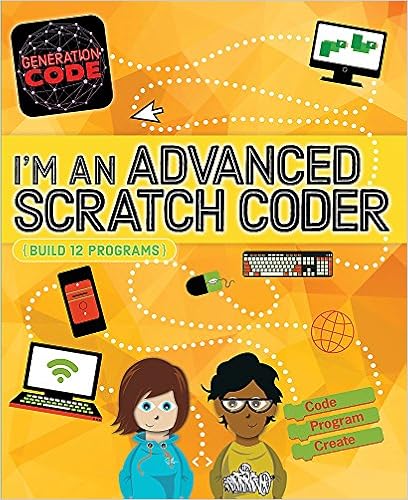Filters
Clear allSubject
- Careers (3) Apply Careers filter
- Cross curricular (14) Apply Cross curricular filter
- Design and technology (10) Apply Design and technology filter
- Engineering (2) Apply Engineering filter
- Food Preparation and Nutrition (1) Apply Food Preparation and Nutrition filter
- Mathematics (18) Apply Mathematics filter
- Science (3) Apply Science filter
Age range
Type
- Activity sheet (68) Apply Activity sheet filter
- Article (18) Apply Article filter
- Demonstration (1) Apply Demonstration filter
- Game (2) Apply Game filter
- Image (28) Apply Image filter
- Information sheet (8) Apply Information sheet filter
- Interactive resource (7) Apply Interactive resource filter
- Presentation (22) Apply Presentation filter
- Teacher guidance (92) Apply Teacher guidance filter
- Textbook (4) Apply Textbook filter
- Video (13) Apply Video filter
- (-) Remove Include Physical Resources filter Include Physical Resources
Showing 195 results
A simple and easily adaptable idea to introduce how algorithms work by allowing students to work out algorithms by a guessing game without the use of a computer. The activity is based on function machines that are used in mathematics at primary school but the level of difficulty can be amplified depending on what...
In this project, part of the HTML and CSS projects , you’ll be introduced to HTML & CSS by learning how to make your own ...
This edition of the Computing at School newsletter contains articles covering:
*Coding and computer science
*Code Club and Computing ++
*Tips for teaching programming
*Codecademy
*Teaching encryption with spreadsheets
*Scratch sensorboards (picoboards)
*Robotics...
Astro Pi is the name of a small computer developed by the Raspberry Pi Foundation, in collaboration with the UK Space Agency and the European Space Agency (ESA).
There are two very special Astro Pi’s. Their names are Ed and Izzy, and they have been qualified for spaceflight. They are now onboard the...

I'm an Advanced Scratch Coder is perfect for those who have mastered the...
Sometimes a small, seemingly insignificant, variation in the specification of a problem makes a huge difference in how difficult it is to solve. This activity, like the The...
This book is designed to help all those who wish to find out more about the language LOGO, a language intended to demystify computers and computer programming, and make the power of computers accessible to all.
A brief introduction to some basic commands is followed by An Outline to LOGO ...
This resource details a real-world algorithm which students are unlikely to have encountered previously. The Luhn Algorithm is one method for validating that the long number on a credit/debit card is a valid number (it doesn't check if the card is actually a credit/debit one, just that the number conforms to the...
This activity helps children to understand the components of computer systems, with a focus on input devices. It links this to their everyday experience, by comparing games controllers, keyboards, microphones and other everyday peripheral devices. The practical part of the activity involves creating programs in...
This activity helps children learn about computer systems and output devices. It relates these systems to those they encounter everyday, from headphones to printers and washing machine motors. They understand that programs make these devices function, and attempt a programming activity using Scratch and Lego WeDo....
This course, based on using the free programming website 'Rapid Router', teaches programming concepts from the basics using the Scratch-like 'Blockly' language. By programming a delivery van to follow simple routes, children learn about...
Building on the Key Stage 1 Blockly activity, this course introduces children to repeat loops, 'if' statements, and variables.
The activities focus on driving a delivery van around increasingly complex routes involving twists, turns and traffic lights. At the end of Lower Key Stage 2, the children can...

This book will help budding young developers explore the fundamental...

